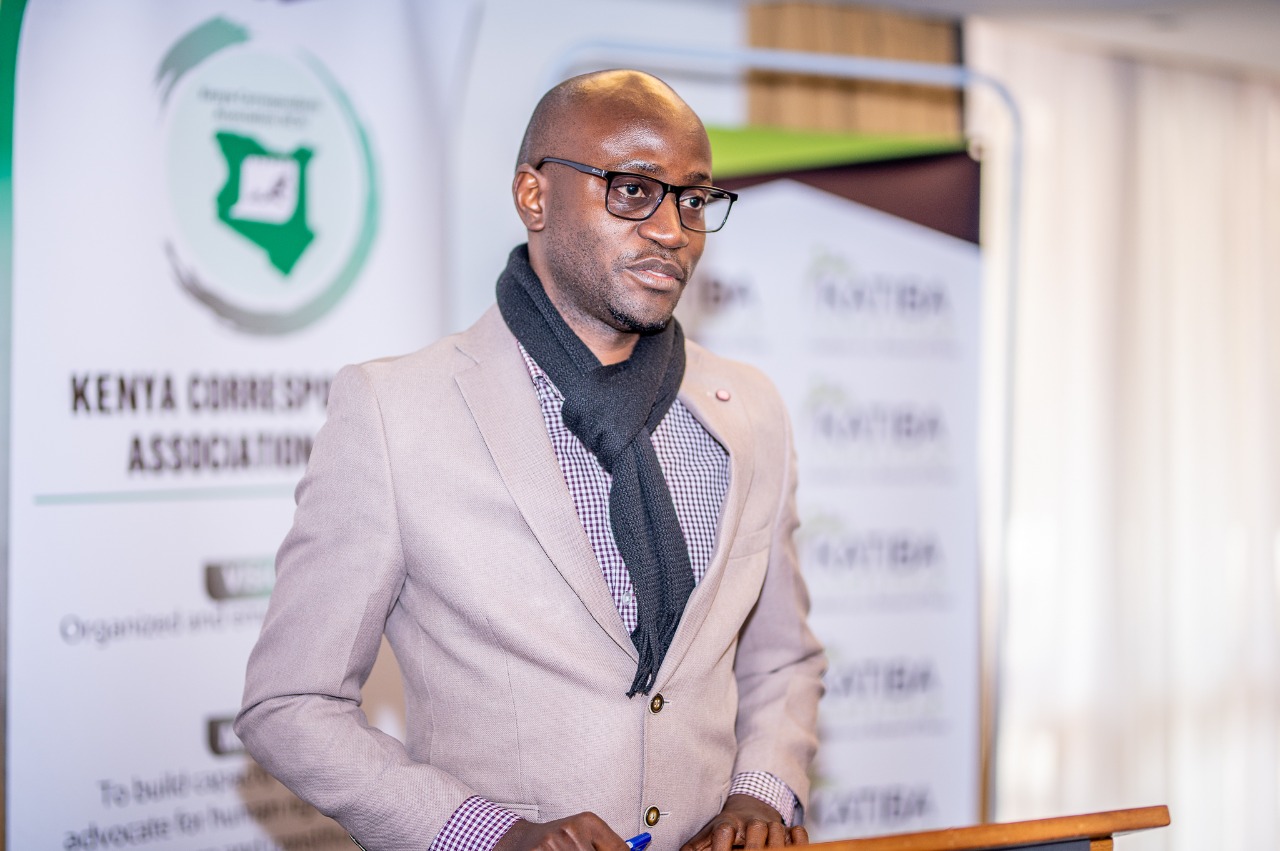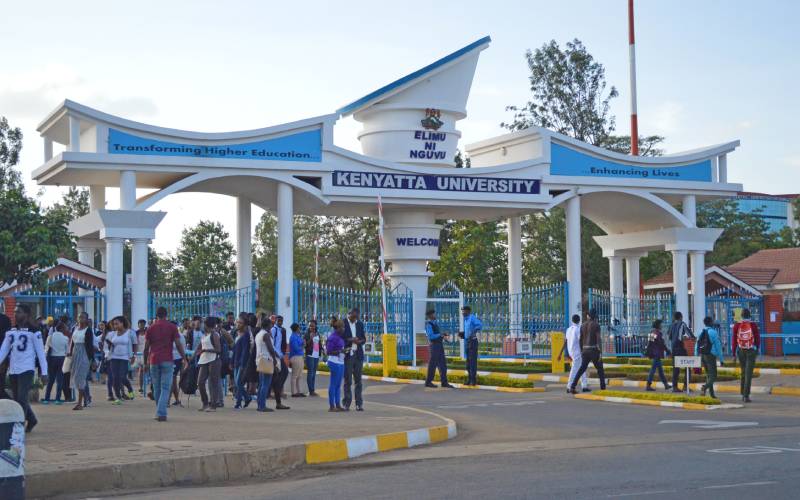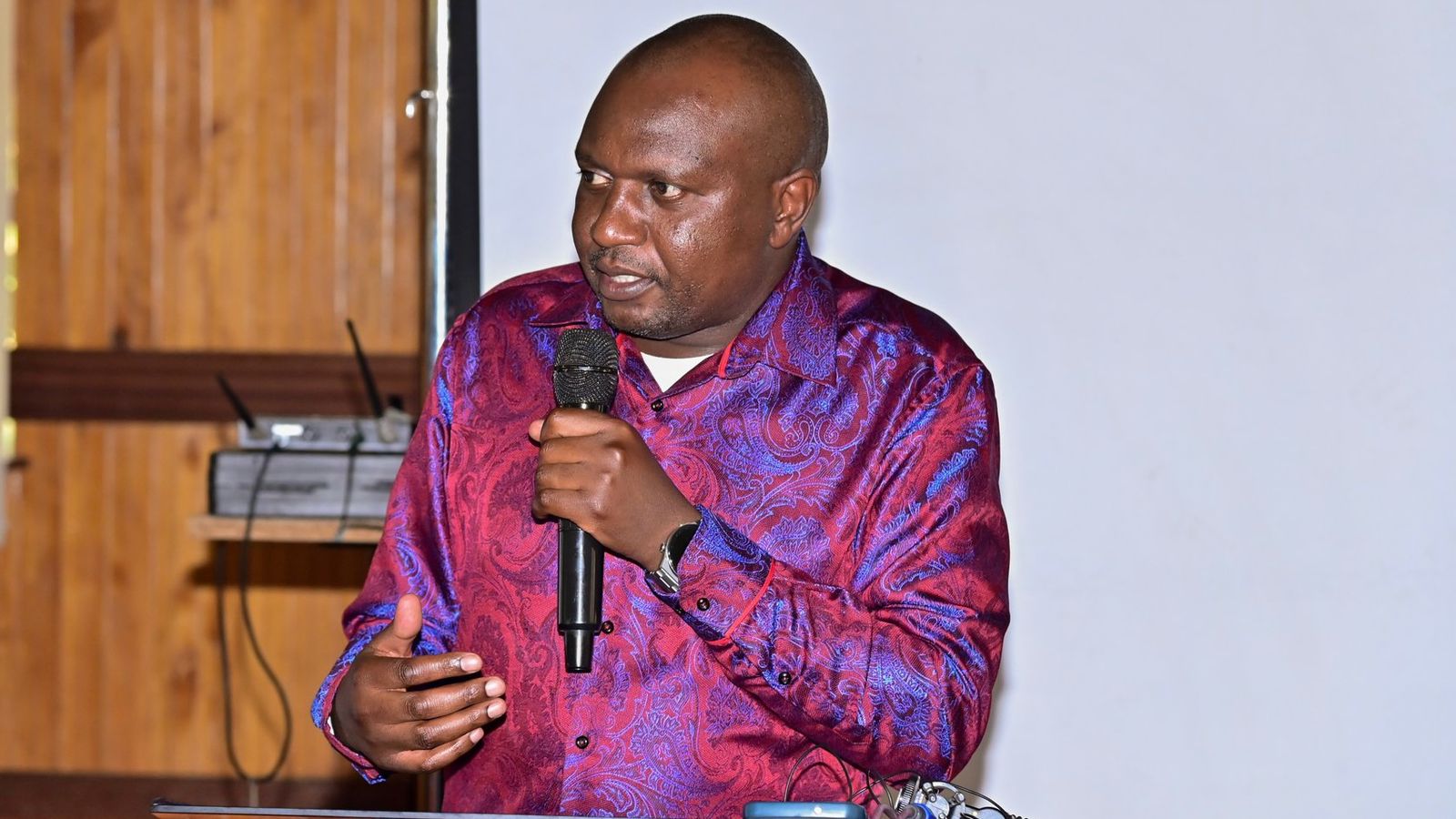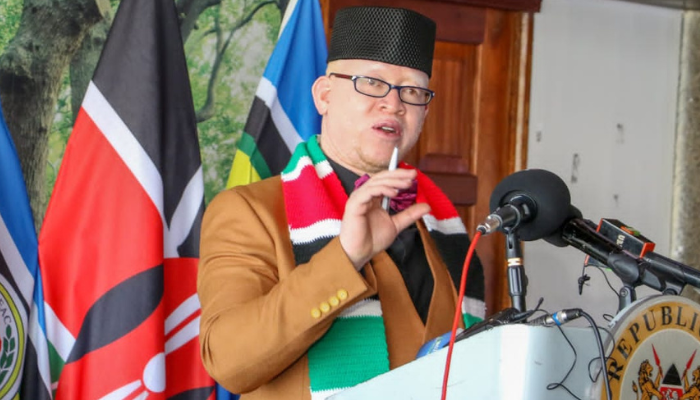By Victor Bwire
We continue to hold onto many traditional harmful practices that even the Kenya Constitution 2010 has outlawed to the detriment of the respect for the rights of our children and their empowerment.
The continued holding onto outdated practices such as child marriages, early pregnancies, deliberate spreading of HIV/AIDS and female genital mutilation has no place in this country.
It’s shameful that even as we decry these retrogressive acts, we are yet to create a big percentage in our communities to push for the necessary behavior change and attention by the criminal justice system to priorities the punishing of people perpetuating the same. Data on the prevalence of these vices for the country are very worrying.
Every day, Kenya records 87 new HIV infections, with 73 of these occuring among those aged 15 and above. Young people aged 15 to 24 contribute 42 per cent or about 4 out of 10 of these new infections. This results in 30 new HIV infections every day among this age cohort.
Read More
Kenya recorded the third-highest teen pregnancy rates worldwide in 2019, according to the Global Childhood report.
One in every 5 teenage girls between ages 15 and 19 has had a live birth or is pregnant with their first child. These figures vary across counties. In addition, 13.6 per cent of adolescent girls are forced into child marriage. And, of the 133 weekly cases of HIV infections among children, 60 percent are borne by teenage girls. 320,152 girls aged between 10 and 19 years presented with a pregnancy at their first antenatal visit at various health facilities across the country.
It’s noted that more than 13,000 teenage girls drop out of school annually because of pregnancy, and about 449 girls fail to sit their final examinations while others do so in maternity wards in 2021.
The Country has recorded increasingly cases of Sexual and Gender-based Violence (SGBV) have been on the rise in the country as reported by the Government.
In 2021, 96 per cent (12,512) of SGBV cases were reported among young females aged 12 to 17. One in every 3 girls in Kenya and one in every 7 boys are sexually assaulted in childhood.
Nearly half (45.9%) of females and more than half of males have experienced childhood violence. Among the 15.6 percent of females who have experienced childhood sexual violence, about 62.6 percent experienced multiple incidents before age 18.
In Kenya, teenage (15-19 years) pregnancy and motherhood is at 18% nationally, with variations across counties. 1 in every 5 teenage girls between the ages of 15 to 19 years have either had a live birth or are pregnant with their first child with 133 children getting infected with HIV every week due to Mother to Child transmission with teenage mothers contributing upto 60% of these infections.
The violation of children's rights thrives even as we have laws protecting children against the triple threats of teenage pregnancies, Sexual and Gender based violence and new HIV infections among adolescents aged 10 to 19 years. These include several policies and guidelines responding to adolescents’ social wellbeing.
These include the Constitution of Kenya, the Children’s Act, the Kenya Health Policy 2012–2030, the National Adolescent Sexual and Reproductive Health Policy, the Kenya National School Health Policy, the National Education, the National School Re-Entry Guidelines, and the National Action Plan on Ending Teenage Pregnancy.
These harmful and outlawed practices are in addition to the gross violation of the rights of children, a big problem economically, culturally, and socially for; adolescent pregnancy pulls back young people’s fundamental rights to access education and both mental and physical health, and plays a very big role in promoting child marriages and female genital mutilation increasing cases of new HIV infections among adolescents threaten the fight against HIV and AIDS in the country, while sexual violence can lead to both HIV infection and pregnancy.
Additionally, these violations contribute to rapid population growth thus threatening human capital development required for economic growth and national development. that could strain a country's resources.
Stakeholders have raised concerns that unregulated places like apartments and the Air BnBs are now the new frontiers in the sex trade, sexual harassment, and affect college students between 18 to 22 years of age, who are considered as young adults but cannot make decisive options about their lives.
Players are concerned that lack of a legal framework covering apartments and Air BnB has seen flooding of tourists, mostly domestic-as international tourism has gone down over Covid-19, at those facilities, yet the owners do not pay taxes, are un-licenced and unregulated.
Sam Muraya of the Voice of Women and Girls Project, notes that a key challenges faced by the media in advancing the paradigm shift on creating a critical mass required for the change of behavior including abandoning these harmful practices is because of inadequate capacity on sexual and gender-sensitive reporting yet it is a critical aspect in journalism as envisaged in the code of conduct for the practice of journalism in Kenya and as captured in various statutes both locally and internationally.
Muraya adds that universally, the goal of sexual and gender-sensitive reporting by the media is to integrate the interests and needs of children by addressing barriers hold them in this unlaw situation and create new ways of looking at the challenges, with a view to eradicating them from our amidst.
The National Aids Control Council has called for innovative approaches to dealing with the three threats to our children including employing a human-centric, multi-sectoral, multi-level approach in designing a response program, involvement of men in the interventions, end impunity by e nforcement of laws and child protection and accountability mechanisms, addressing social drivers of risk such as lack of age-appropriate Sexual Reproductive Health information and youth-friendly services, poverty, and gender inequity, investing in education and implement existing policies and guidelines, providing menstrual hygiene information and products to adolescent girls and invest in empowerment programs targeting parents/guardians and teachers.
Mr. Victor Bwire is the Head of Media Development and Strategy at the Media Council of Kenya.
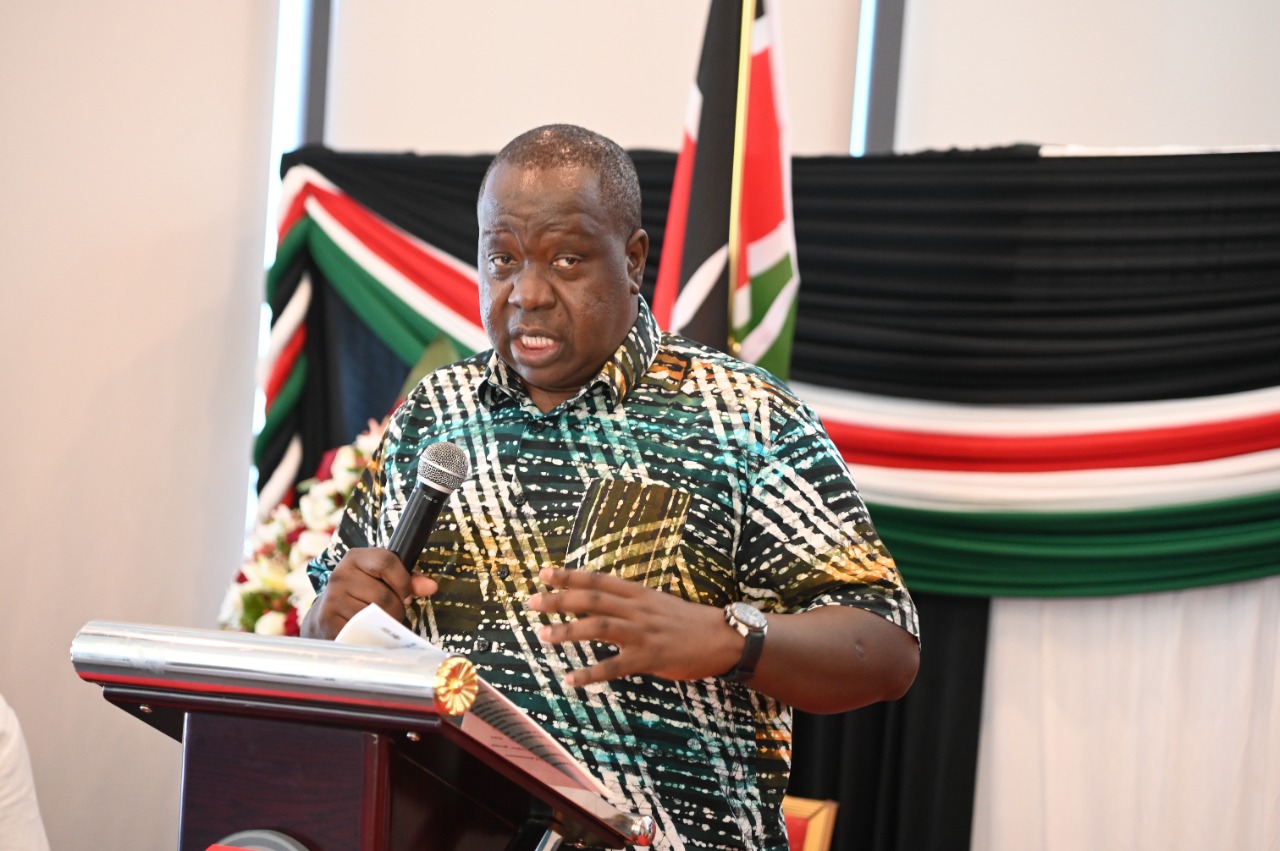

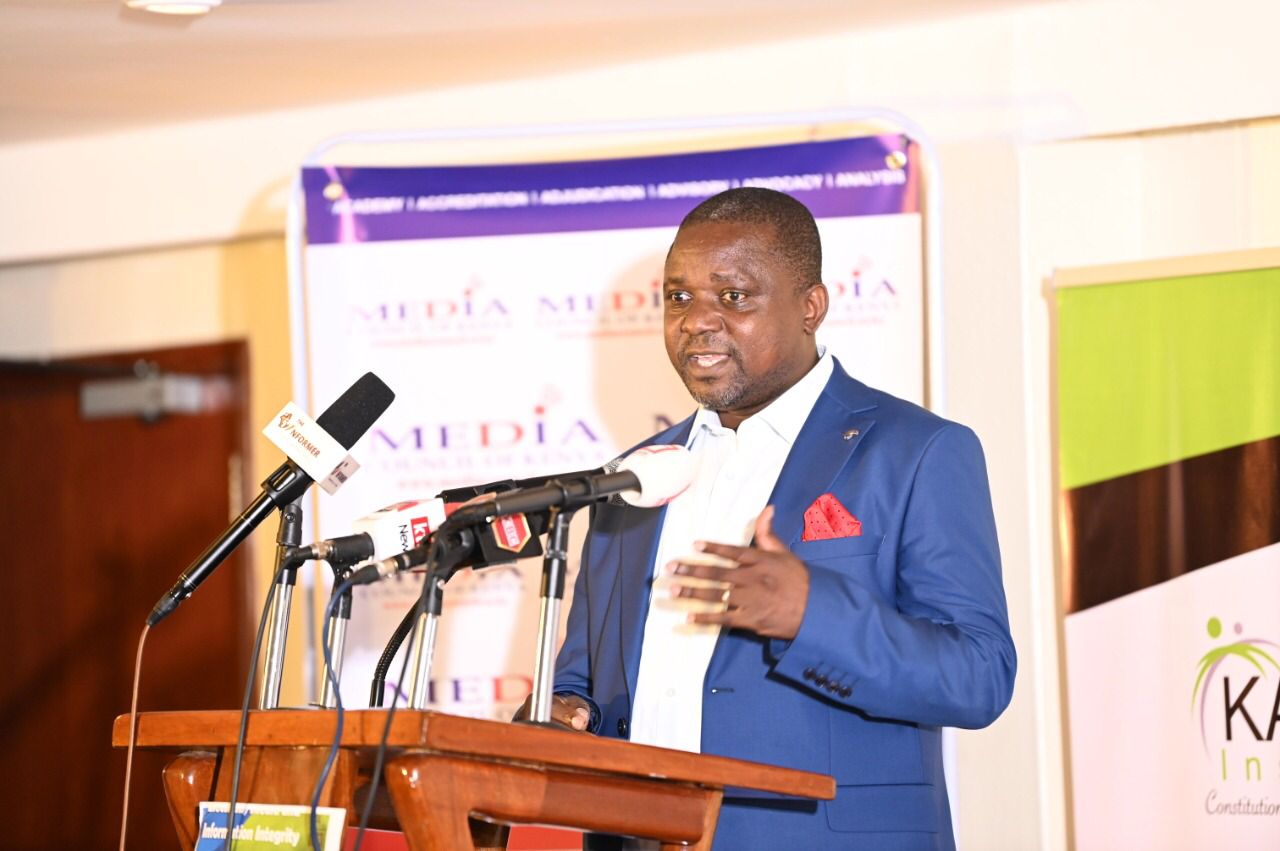
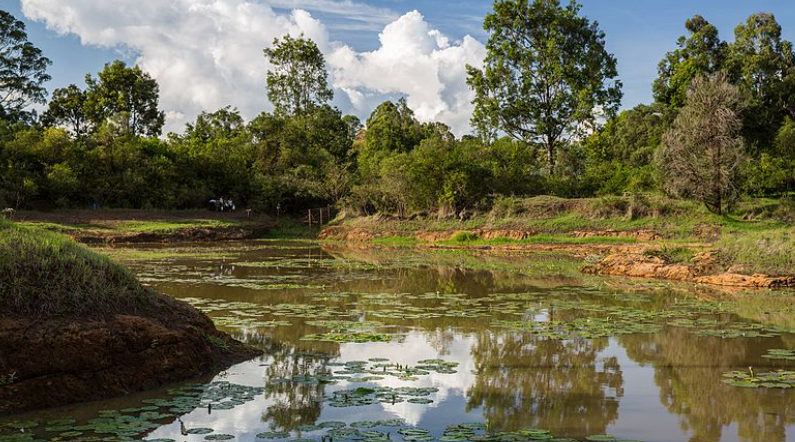
-1726720406.jpg)
